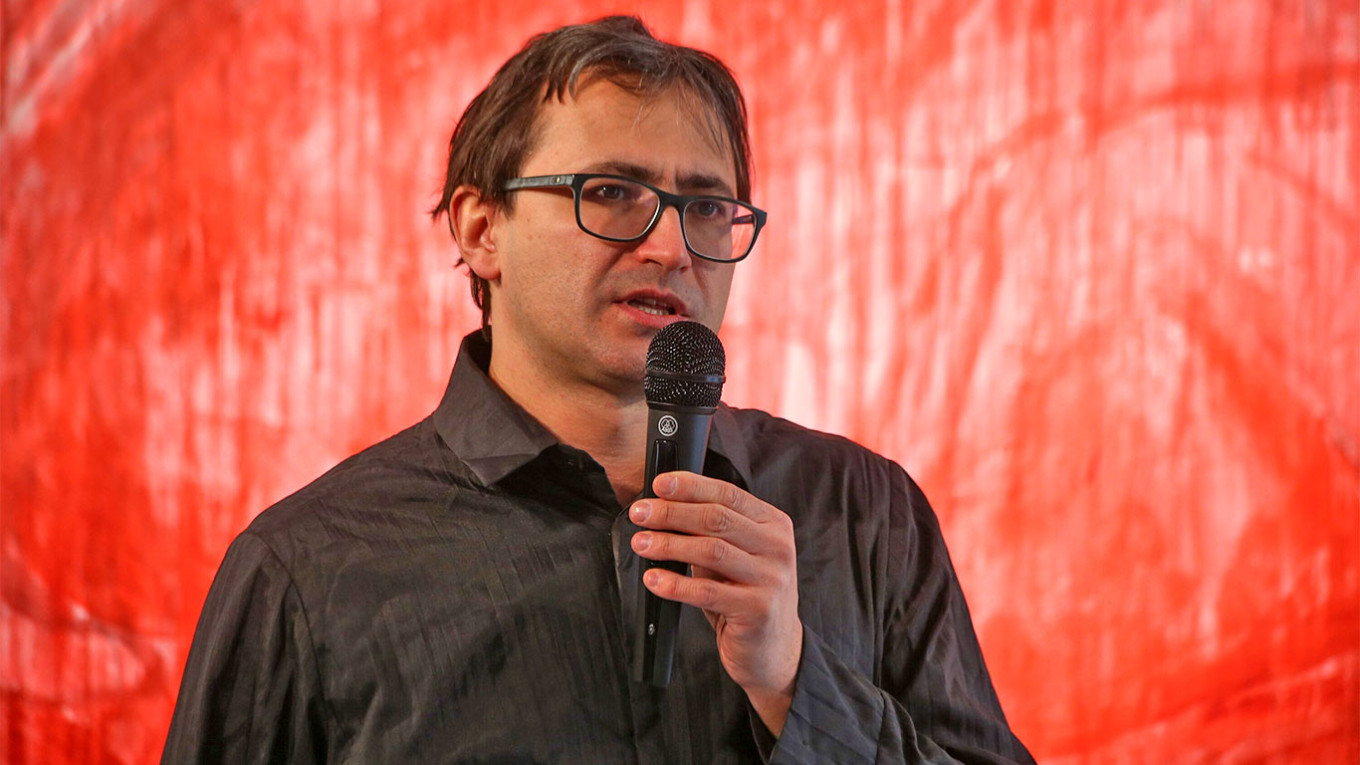On Sunday Dmitry Ozerkov, a top curator at the Hermitage Museum in St. Petersburg, announced in an Instagram post that he had resigned from the museum and left Russia.
“I left because I don’t intend to have anything in common with today’s Russia.”
Ozerkov worked at the Hermitage for 22 years, first as curator of the department of 15-18th century French engravings, then since 2007 as the head of the department of contemporary art.
He was also director of the project Hermitage 20/21, which he called a “powerful project” that “was built on dialogue and mutual respect for languages and countries, nationalities and religions, history and modernity.” But after the war began, he continued, “dialogue and respect ceased to mean anything in Russia, the news were replaced by propaganda that says nothing about Russian armed forces to be accused of numerous crimes against the civilian population. As a Russian citizen I saw this shame as my own fault too and I shared this opinion. Then my choice was to stop doing anything in and for today’s Russia.”
Ozerkov wrote that he hadn’t participated in museum activities since March and left four other posts he held, including his position in the City Council for Culture, a program of the Governor of St. Petersburg. Ozerkov had also taught at several institutions of higher learning, including the European University of St. Petersburg.
The final decision to quit the Hermitage was made after the Hermitage director, Mikhail Piotrovsky, gave an interview to Rossiskaya gazeta in June saying, in part, that war was “a nation’s self-assertion” and that Russia had “entered as new era” and would “achieve great global transformations.”
“I salute all for whom the Greek word Exodus, used by the writers of the Septuagint, has become the only possible way out of the current situation,” Ozerkov wrote in conclusion.
“Russia squeezed out all of us who wanted nothing but good to its culture.”
A Message from The Moscow Times:
Dear readers,
We are facing unprecedented challenges. Russia's Prosecutor General's Office has designated The Moscow Times as an "undesirable" organization, criminalizing our work and putting our staff at risk of prosecution. This follows our earlier unjust labeling as a "foreign agent."
These actions are direct attempts to silence independent journalism in Russia. The authorities claim our work "discredits the decisions of the Russian leadership." We see things differently: we strive to provide accurate, unbiased reporting on Russia.
We, the journalists of The Moscow Times, refuse to be silenced. But to continue our work, we need your help.
Your support, no matter how small, makes a world of difference. If you can, please support us monthly starting from just $2. It's quick to set up, and every contribution makes a significant impact.
By supporting The Moscow Times, you're defending open, independent journalism in the face of repression. Thank you for standing with us.
Remind me later.






